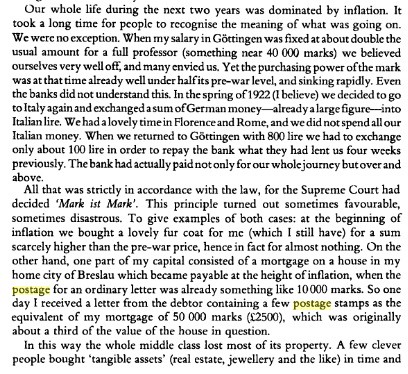saddletramp
Line Up and Wait
We are in the lucky position to have enough extra cash in our savings account to pay off our house. Our investment guy thinks we should put the money in our retirement account & continue to make our house payments.
His logic is that our mortgage interest rate is 3.5% & we could earn over 9% + if we invested the money.
We happen to live in a hot real estate market & according to Zillow our house appreciated $4,800 in the last 30 days. So our house seems to be a great investment.
We have no other debt & my wife & I feel like having our house paid off would make us feel very secure. After the mortgage is paid off we'd have another $1,700 a month to invest. There is no risk in paying off the house. Investing ALWAYS involves some risk.
I'm 61 years old, enjoy a real good income, & don't plan to retire for another 9 years.
What would you do?
His logic is that our mortgage interest rate is 3.5% & we could earn over 9% + if we invested the money.
We happen to live in a hot real estate market & according to Zillow our house appreciated $4,800 in the last 30 days. So our house seems to be a great investment.
We have no other debt & my wife & I feel like having our house paid off would make us feel very secure. After the mortgage is paid off we'd have another $1,700 a month to invest. There is no risk in paying off the house. Investing ALWAYS involves some risk.
I'm 61 years old, enjoy a real good income, & don't plan to retire for another 9 years.
What would you do?

